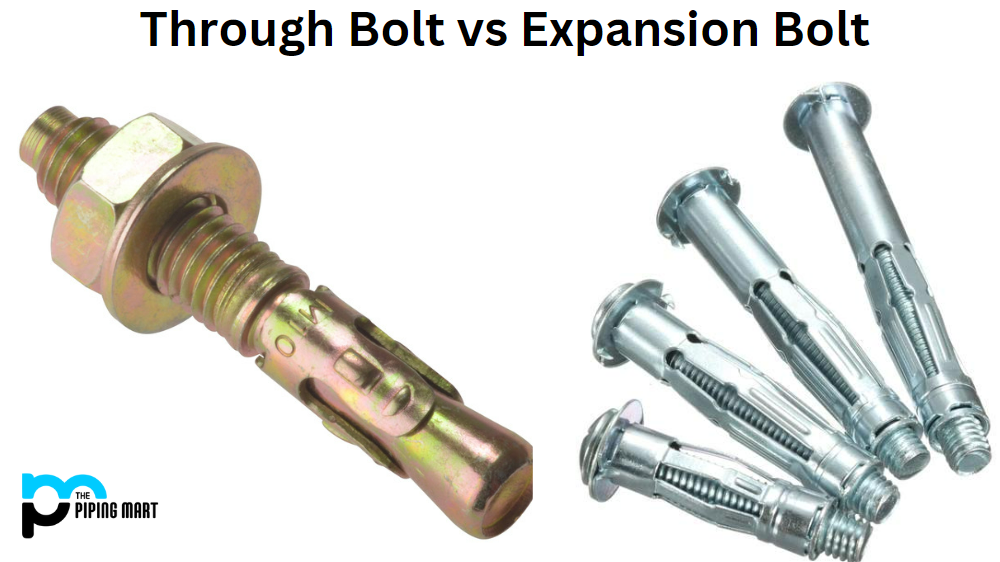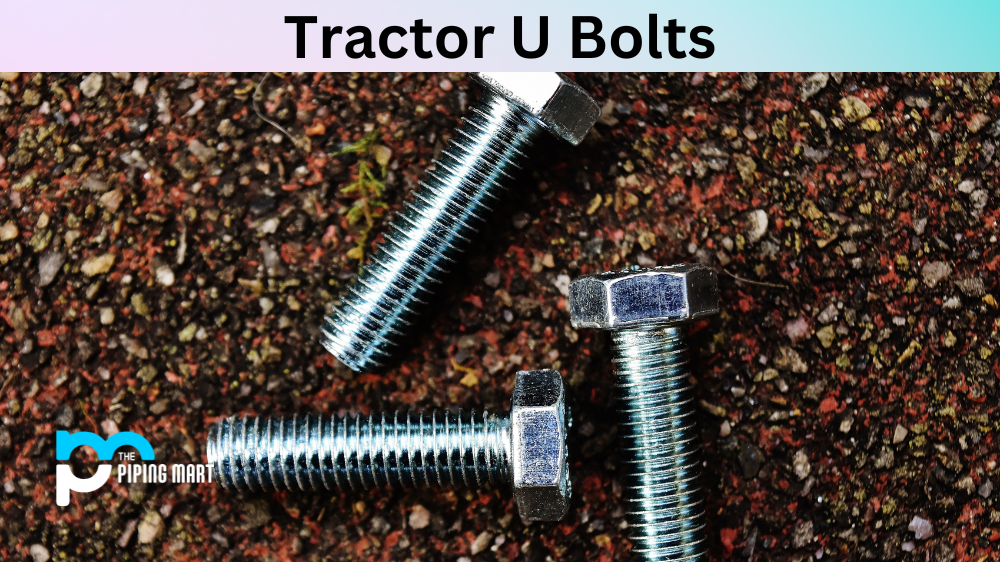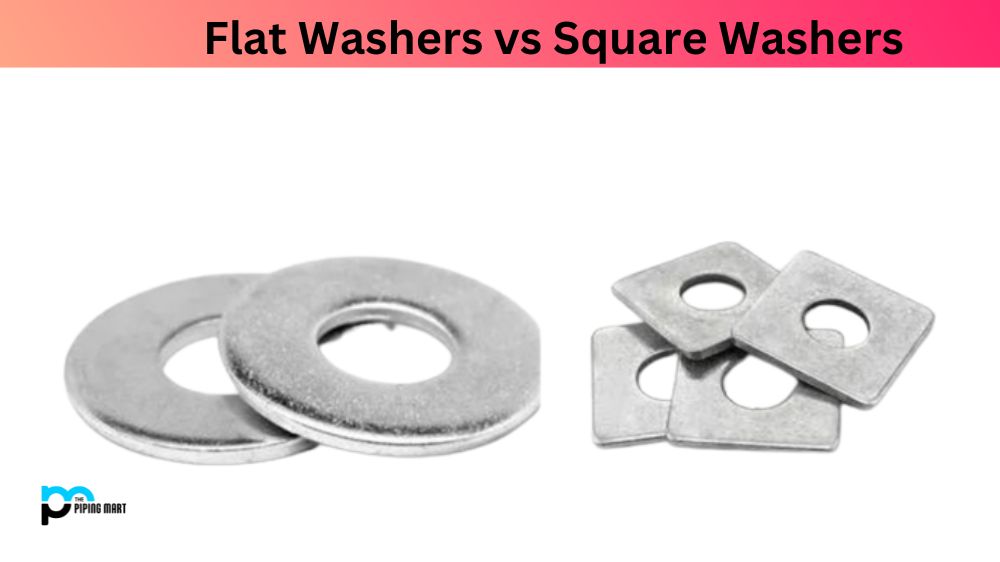If you’re in the process of selecting fasteners for a construction project, you’re likely debating over the differences between through bolts and expansion bolts. These two fasteners are among the most common options for anchoring structural elements, and both have unique advantages and disadvantages.
While through bolts are ideal for high-load applications, the expansion bolt is often chosen for its ease of installation. In this blog post, we’ll dive into the pros and cons of each fastener option so that you can make the right choice for your construction project.
Through Bolts
Through bolts, or anchor bolts, are mechanical fasteners designed to secure heavy loads to concrete or other hard surfaces. They’re made from sturdy steel and feature a threaded end connected to a nut.
Advantages
One of the significant advantages of through bolts is their strength. These bolts can withstand high shear and tensile forces and are built to withstand a substantial load. As a result, bolts are often used in heavy construction projects such as bridges and stadiums.
Disadvantages
However, bolts have their drawbacks. They’re notorious for their high cost, and the installation process can be time-consuming, typically requiring a separate hole and anchor.
Expansion Bolts
If you’re looking for a fastener that’s affordable, easy to install and works well in indoor and outdoor applications, then an expansion bolt may be the right choice. These fasteners offer an excellent combination of strength and ease of use.
Advantages
Expansion bolts rely on their design to stay in place. Properly installed, the bolt anchorage expands evenly and securely against the sides of the hole. They’re ideal for smaller loads and can be used to secure equipment, machinery, and fixtures.
Disadvantages
However, there are better solutions than expansion bolts for heavy loads. These fasteners aren’t built to withstand high loads, and their holding capacity diminishes over time due to corrosion.
Comparison
- When comparing bolts and expansion bolts, it’s essential to consider the load requirements of your project.
- If you’re working on a construction project that requires heavy load-bearing applications, bolts are the perfect solution. They’re intense, more brutal, and hold up to exceptionally high loads.
- On the other hand, if you’re working on a smaller project, an expansion bolt could be a more cost-effective solution. They’re easy to install, and their holding capacity is more than enough.
Conclusion
In conclusion, bolts are the right choice in high-load applications. They’re strong and can withstand stress and forces but come with high costs. On the other hand, expansion bolts excel in smaller load-bearing applications, are easy to install, and are an affordable option. We hope you’re better informed about making the right choice for your construction project.
Sakshee is a talented blogger, with a particular focus on the Business and Metal Industry. She is passionate about sharing her insights on various metal products and helping professionals to make a better decisions.




